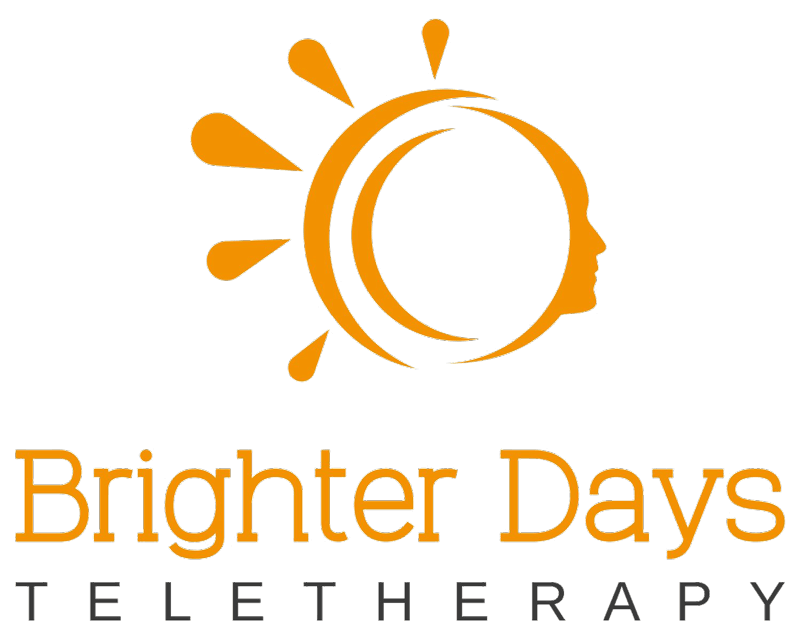Nighttime Anxiety: Why Some People Feel More Anxious at Bedtime
Many of us look forward to nighttime as a time to relax, unwind, and rejuvenate through sleep. However, for some people, bedtime might bring an unexpected guest: anxiety. Experiencing heightened anxiety at night is a common phenomenon, and understanding why it happens is the first step towards managing it effectively.
Understanding Nighttime Anxiety
Nighttime anxiety refers to the surge of anxious feelings that arise as we prepare for sleep. Symptoms can range from racing thoughts and restlessness to full-blown panic attacks. This phenomenon is particularly common among individuals with anxiety disorders, but it can affect anyone under high stress or experiencing significant life changes.
Why Does Anxiety Increase at Night?
Several factors contribute to the increase of anxiety symptoms at night:
Reduced Distractions: During the day, work, responsibilities, and social interactions often distract us from our worries. At night, these distractions diminish, leaving more space for anxious thoughts to emerge.
The Quiet of the Night: The silence and solitude that nighttime brings can amplify our focus on anxious thoughts and feelings. This increased awareness can make anxiety feel more intense.
Worrying About Sleep: If you've had issues falling asleep or staying asleep due to anxiety, you might develop a form of performance anxiety related to sleep itself. This can create a vicious cycle of anxiety and insomnia.
Physiological Factors: Some researchers suggest that changes in our body's natural rhythms at night, such as increased heart rate, might make some individuals more prone to anxiety.
Managing Nighttime Anxiety
Now that we understand why anxiety might increase at night, let's explore some effective strategies to manage it:
Mindfulness and Relaxation Techniques: Practices such as progressive muscle relaxation, deep breathing, and guided imagery can help calm the mind and prepare the body for sleep.
Cognitive Behavioral Therapy (CBT): CBT, especially CBT for insomnia (CBT-I), can be highly effective in managing sleep issues related to anxiety.
Limit Exposure to Screens Before Bed: The blue light emitted by screens can interfere with your body's production of melatonin, a hormone that regulates sleep. Try to turn off electronic devices at least an hour before bed.
Create a Relaxing Bedtime Routine: Establishing a regular sleep schedule and a soothing pre-sleep routine can signal to your body that it's time to rest and unwind.
Professional Help: If nighttime anxiety continues to interfere with your sleep and daily life, seeking help from a mental health professional could be beneficial.
Remember, if you're grappling with heightened anxiety at night, you're not alone. Many people experience similar struggles, and support and effective treatments are available. Your nights are meant to be restful, and with the right strategies and assistance, they can be.
